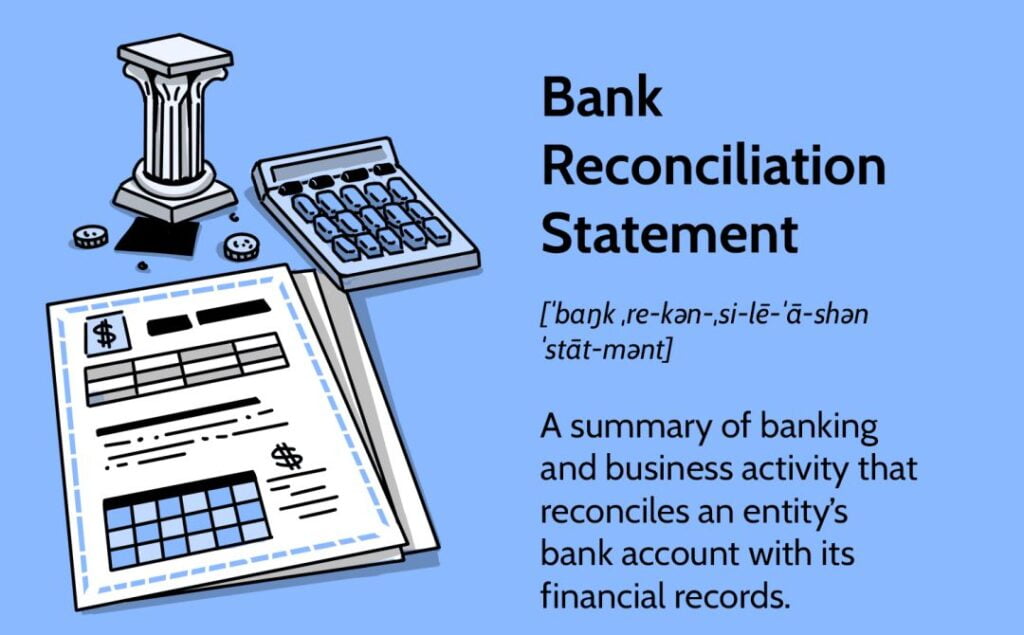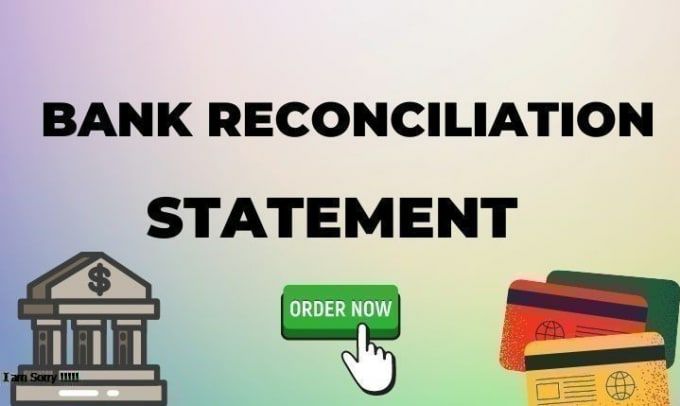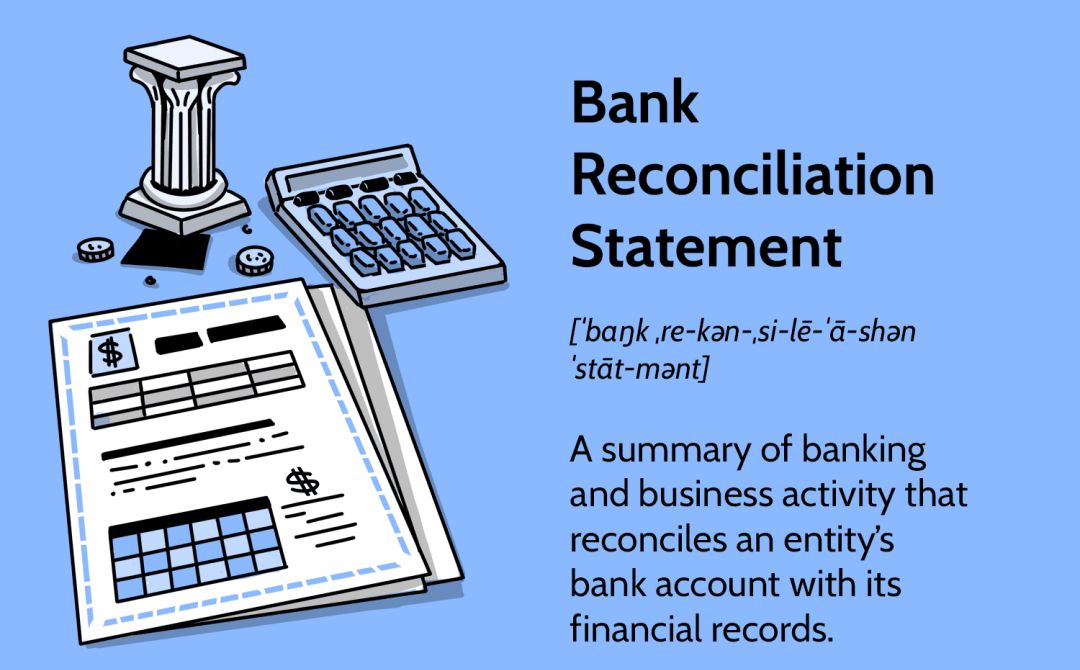In the whirlwind of everyday life, managing personal finances can sometimes feel like a daunting task. Amidst bills, payments, and various transactions, it’s easy for errors or discrepancies to slip through the cracks. One crucial practice that can help you stay on top of your financial game is reconciling your bank account regularly. Let’s delve into why this seemingly mundane task holds significant importance.

What is Reconciliation?
Bank account reconciliation involves comparing your personal records of transactions with those reported by your bank. This process ensures that your records accurately reflect the transactions processed by your bank, identifying any differences or errors that need attention.
Why is it Important?
- Spotting Errors Early: Reconciliation helps catch errors like unauthorized transactions, bank fees, or overlooked deposits. Identifying these promptly can prevent further complications down the line.
- Fraud Detection: Regular reconciliation can be an effective way to detect potential fraud. If you notice any transactions that you didn’t authorize, you can address them immediately with your bank.
- Budgeting and Planning: Accurate records allow for better budgeting and financial planning. You can see exactly where your money is going and make informed decisions about your spending and saving habits.
- Avoiding Overdrafts and Fees: By reconciling your account regularly, you can avoid overdrafts and associated fees. This helps in maintaining a healthy financial standing.
- Building Financial Awareness: Reconciliation fosters financial awareness. It encourages you to pay closer attention to your financial activities, which can ultimately lead to better financial decision-making.
Also Read : Mumbai Indians’ Struggles Continue: Hardik Pandya Fined for Slow Over Rate
How to Reconcile Your Account
Here are steps you can follow to reconcile your bank account effectively:
- Collect Statements: Gather your bank statements and any records of transactions (checks, receipts, etc.) that you’ve recorded.
- Compare Records: Go through each transaction on your bank statement and compare it with your records. Check off each transaction as you verify its accuracy.
- Identify Discrepancies: If you find any discrepancies (e.g., missing transactions, unfamiliar charges), investigate further.
- Take Action: Notify your bank promptly about any unauthorized transactions or errors that require correction.

Make It a Habit
To make the most out of bank account reconciliation, it’s essential to develop a routine. Aim to reconcile your account at least once a month or more frequently if needed, especially during busy financial periods.
Conclusion
In the world of personal finance, staying vigilant pays off. Reconciling your bank account isn’t just about crunching numbers—it’s about safeguarding your financial well-being. By making this practice a regular part of your financial routine, you’ll be better equipped to manage your money effectively and make informed financial decisions.
Do you regularly reconcile your bank account? Share your experiences and tips in the comments below!
